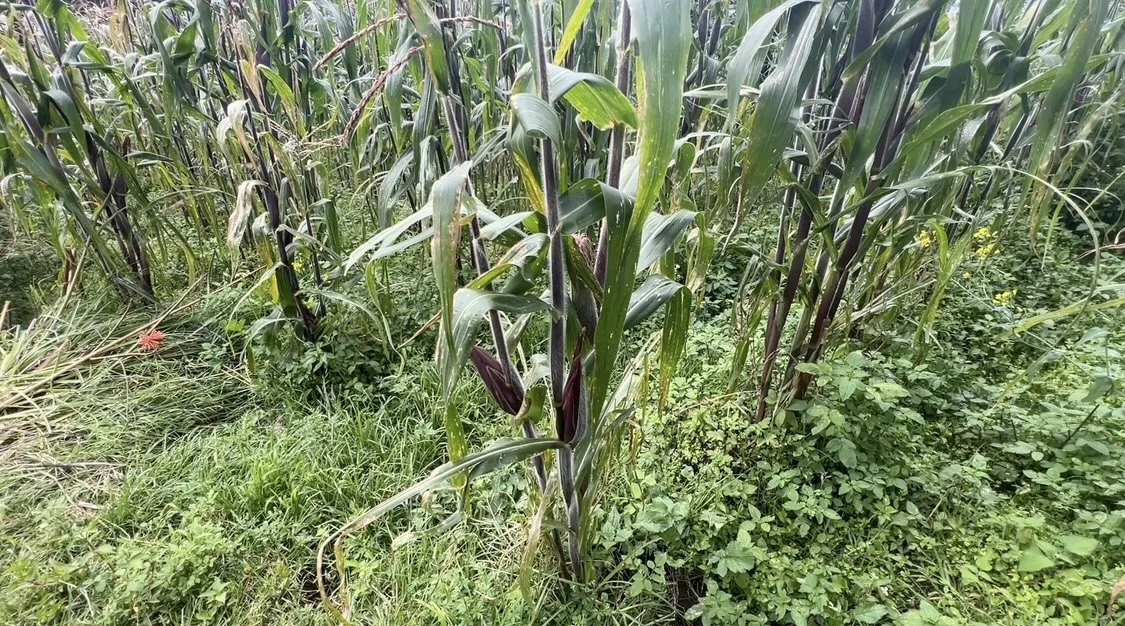Regenerative Agriculture & Cooperative Resilience
Phalarope partners with Indigenous and rural farming families and cooperatives to build resilient food systems and community-driven economies. Through our Regenerative Agriculture & Cooperative Resilience program, we support women, men, and youth in leading cooperative-run “living labs” where ancestral seed systems, agroecology, soil restoration, and climate-smart business models come together to strengthen land health, food sovereignty, and dignified livelihoods.
We work in collaboration with FECOAR R.L. — Federación de Cooperativas Agrícolas Regionales de Guatemala — a federation of four agricultural cooperatives located across four distinct geographic regions of Guatemala. These cooperatives represent diverse Indigenous communities, cultures, micro-climates, and farming traditions, creating a powerful platform for knowledge exchange, soil restoration, and market-driven regenerative production.
Equity in leadership is foundational to our model: at least 50% of all trainers and community facilitators are women, advancing gender equity in agricultural knowledge, enterprise development, and cooperative governance. By elevating women’s leadership in agriculture, we strengthen families, accelerate innovation, and expand pathways for youth, mothers, and community leaders to thrive.
By connecting ancestral wisdom with technical training and cooperative-based enterprise development, this work:
Strengthens nutrition for mothers and children
Expands dignified livelihood opportunities
Restores soils, seeds, and biodiversity
Protects cultural agricultural traditions
Builds community-owned, climate-resilient food systems
These community-led “living labs” demonstrate how Indigenous and rural communities can lead the transition to a regenerative, equitable, and culturally rooted food future in Guatemala — and serve as a model for community-owned agricultural resilience globally.
The Five Core Components
Community “Living Labs”
Cooperative-run demonstration plots where farmers (women, men, and youth) co-design and test regenerative practices, compare results, and document learning for scale.
Seeds, Soil & Biodiversity Restoration
Revival of ancestral seed systems; soil-health practices (composting, mulching, cover crops); water stewardship; pollinator habitat; and on-farm biodiversity corridors.Cooperative Enterprise & Governance
Capacity for transparent governance, member services, financial management, quality control, and shared purchasing/aggregation to reduce costs and increase margins.Climate-Smart Production & Value Chains
Agroecological production calendars, post-harvest handling, safe storage, traceability, packaging/labeling, and market linkages from local fairs to institutional buyers.Gender Equity & Talent Pipelines
At least 50% of trainers and community facilitators are women, with structured pathways for youth apprentices, peer mentors, and emerging technical leaders.
How Phalarope Supports Member Cooperatives
Phalarope brings the technical backbone and innovation tools to make regenerative agriculture measurable and scalable:
Training & Curriculum Development: Practical field-based learning adapted for all literacy levels.
Women’s Leadership & Youth Pathways:
Structured trainer-of-trainers cohorts with 50% women, plus youth apprenticeships, peer-mentor networks, and scholarships for technical short courses.Digital Monitoring with ArcGIS: Farmers and youth track soil, crop, and biodiversity indicators through mobile tools.
Youth-Led Storytelling: Ambassadors document transformation through photos, videos, and drone mapping.
Scientific Partnerships: Collaboration with universities and laboratories ensures credible data and continuous improvement.
Our Broader Vision
By integrating living-lab learning, seed-and-soil restoration, cooperative enterprise, climate-smart value chains, and gender-equitable training, Phalarope is building community-owned, climate-resilient food systems. The result is healthier soils, stronger household incomes, better nutrition for mothers and children, and a durable pipeline of women and youth leaders who will steward land and livelihoods for generations.



